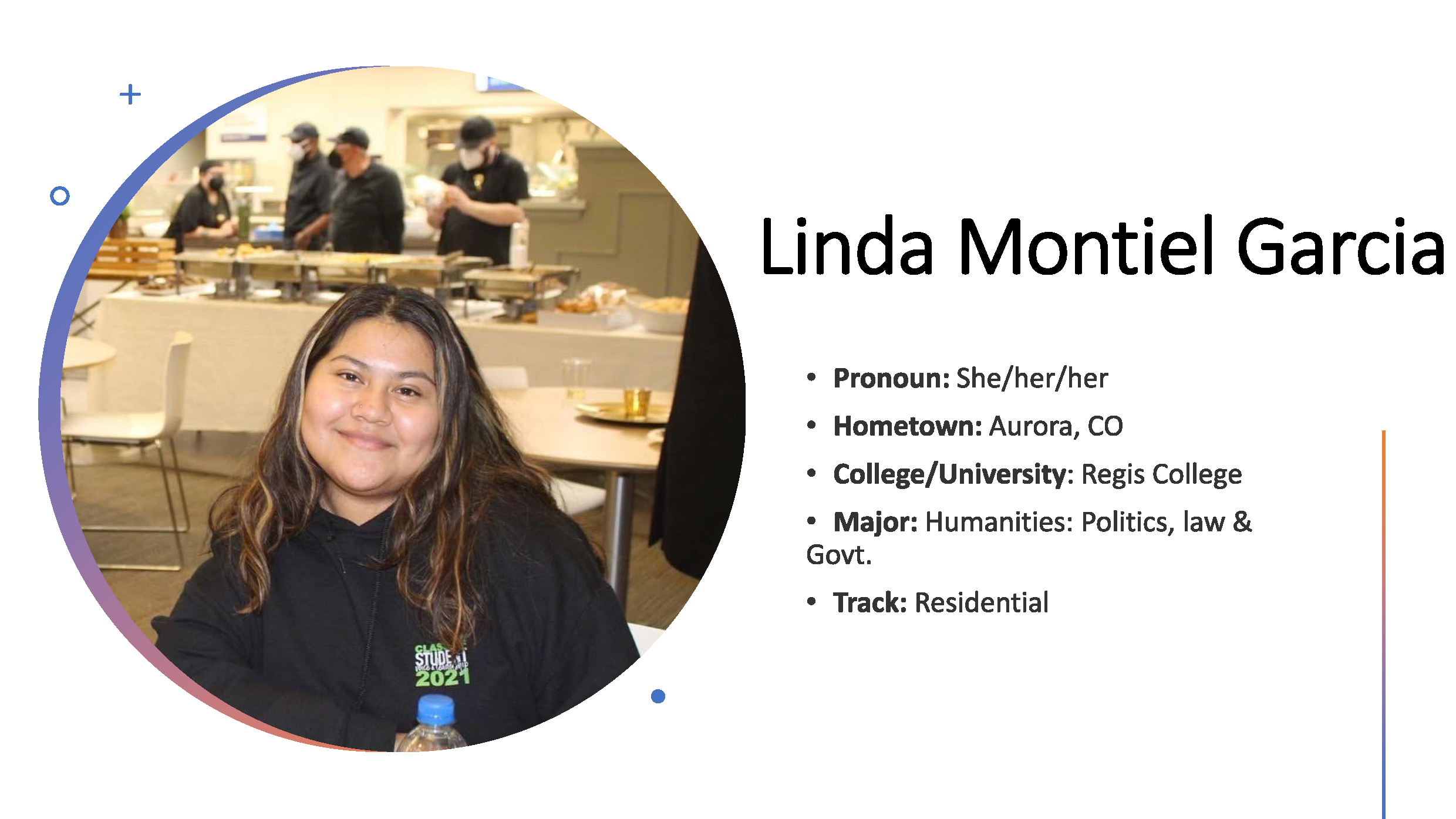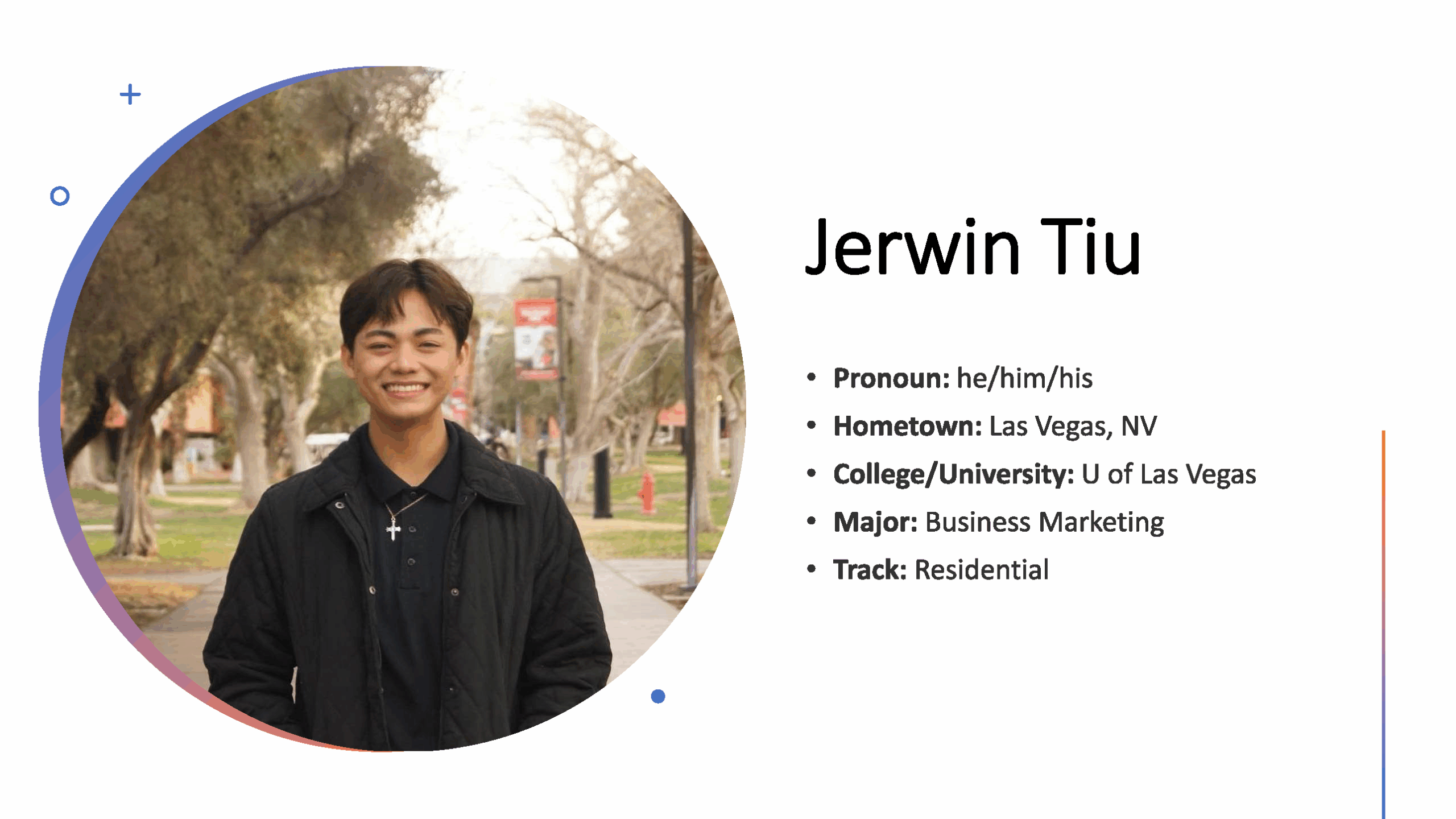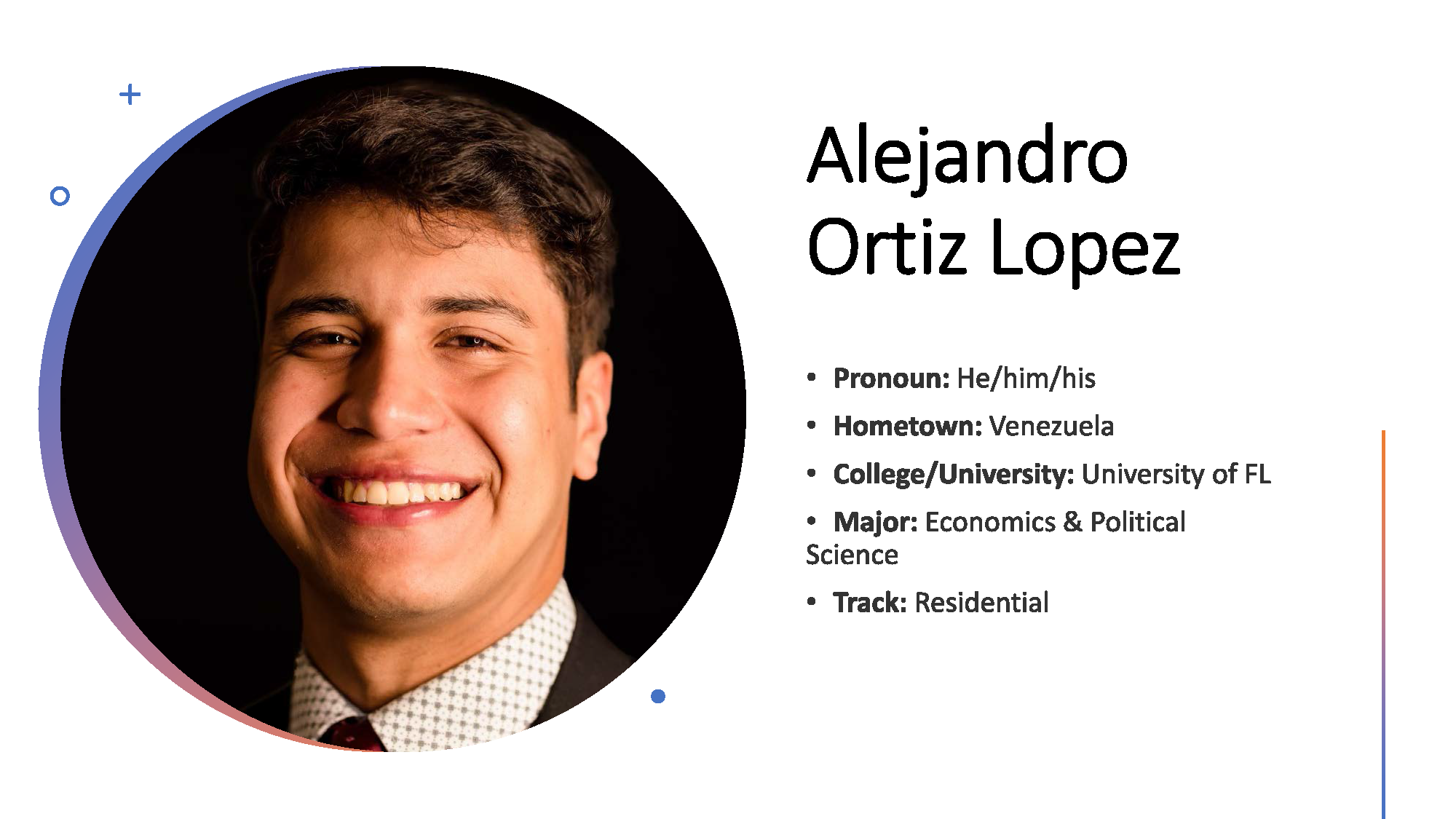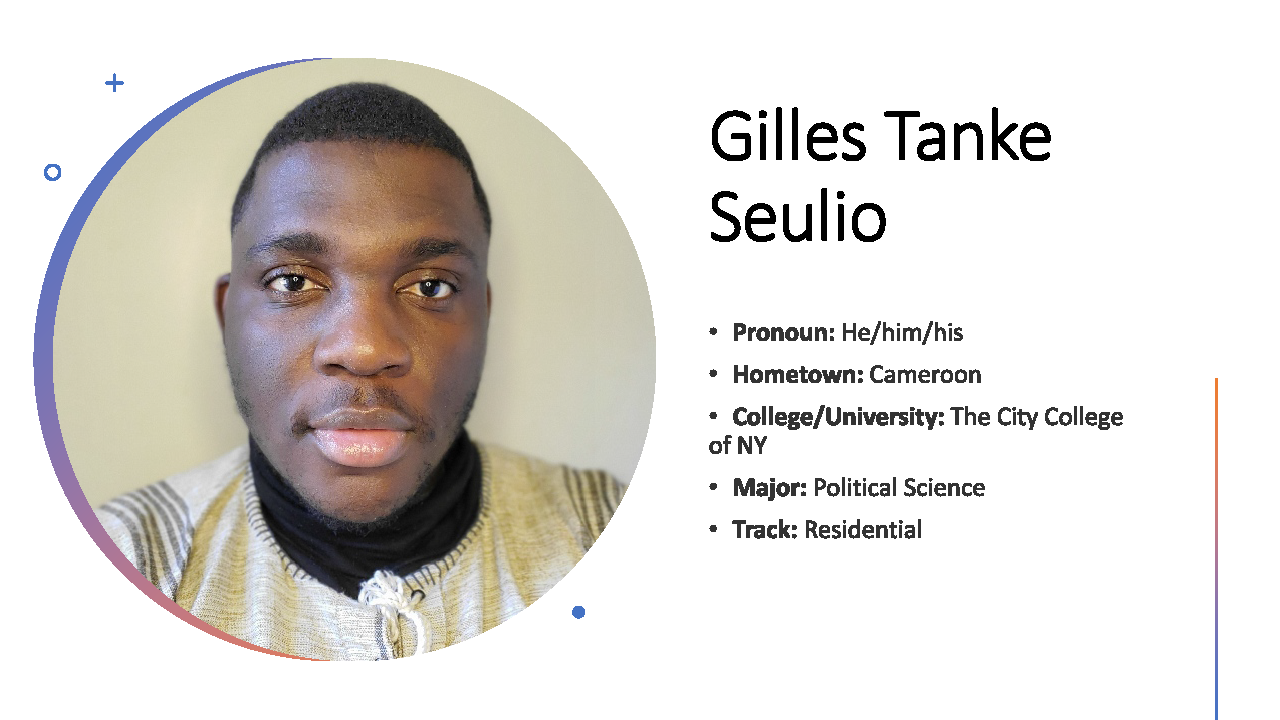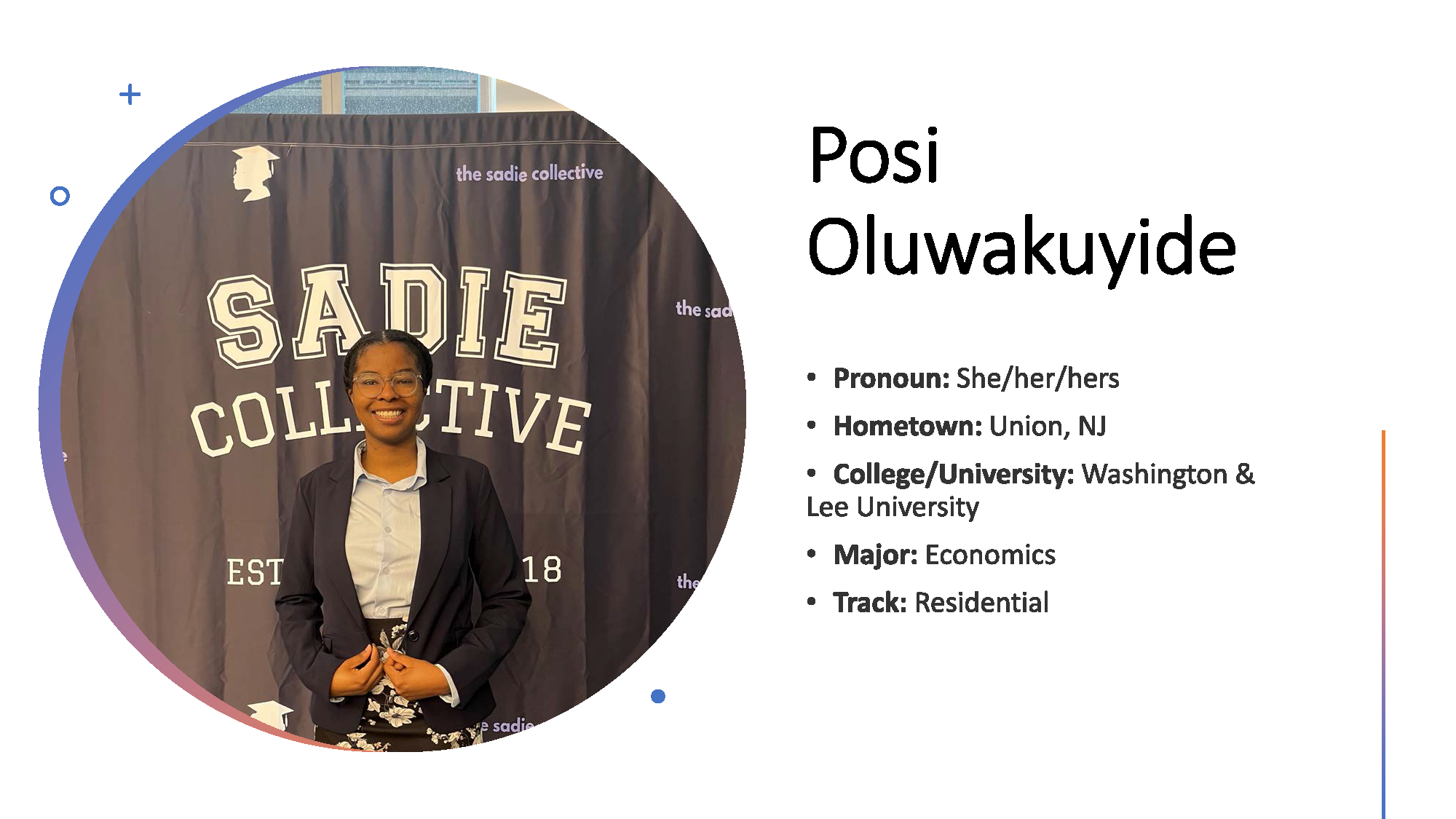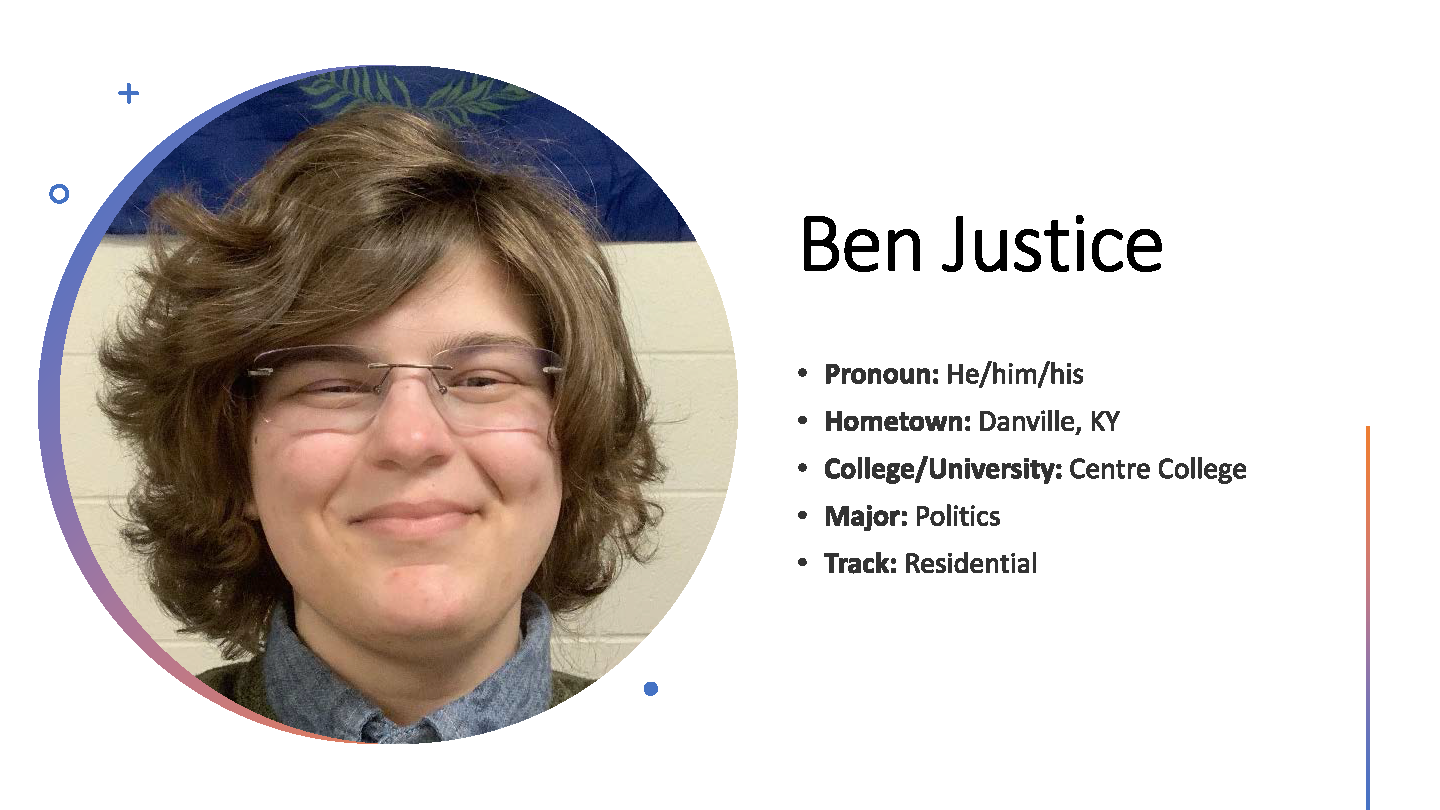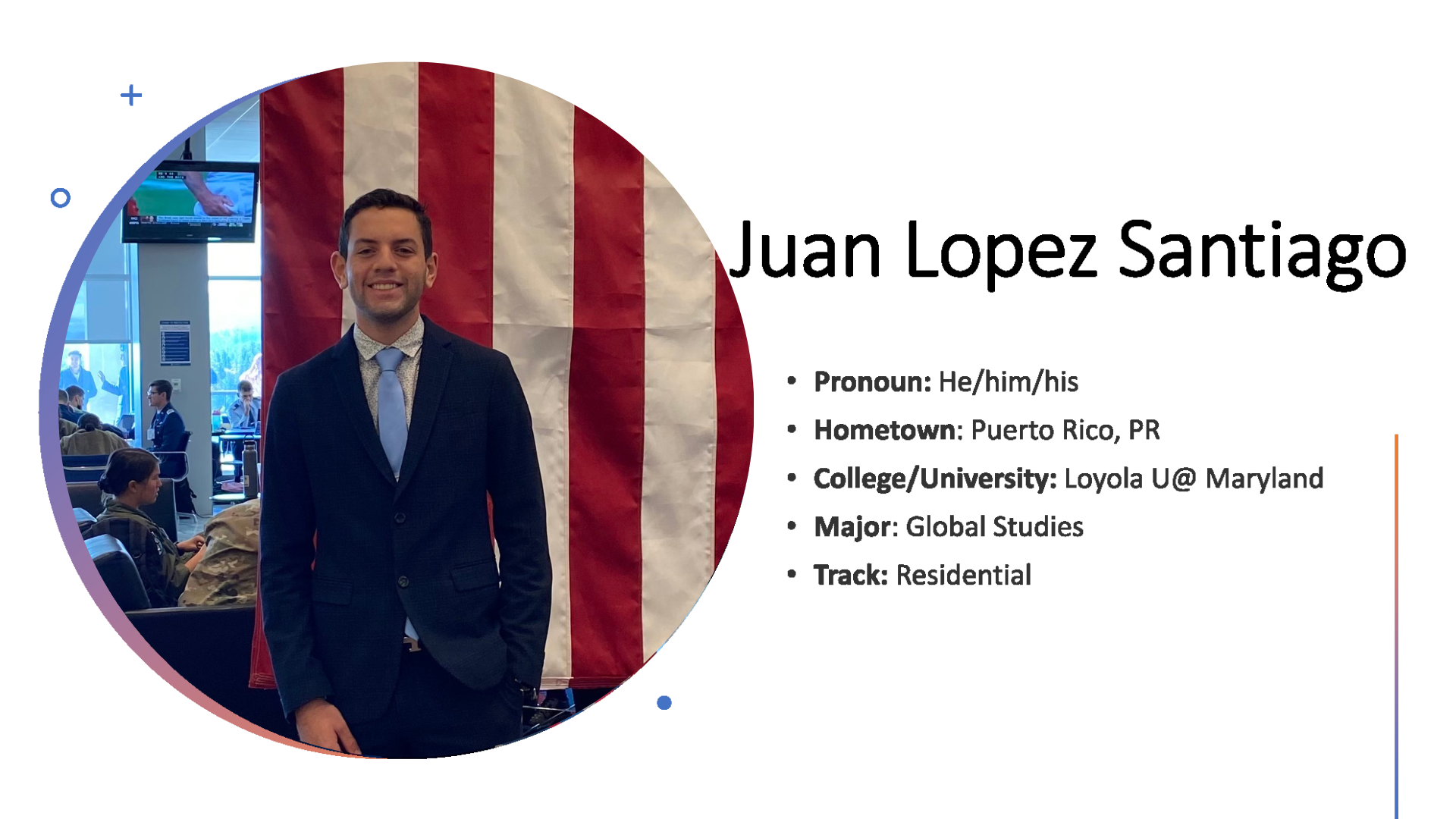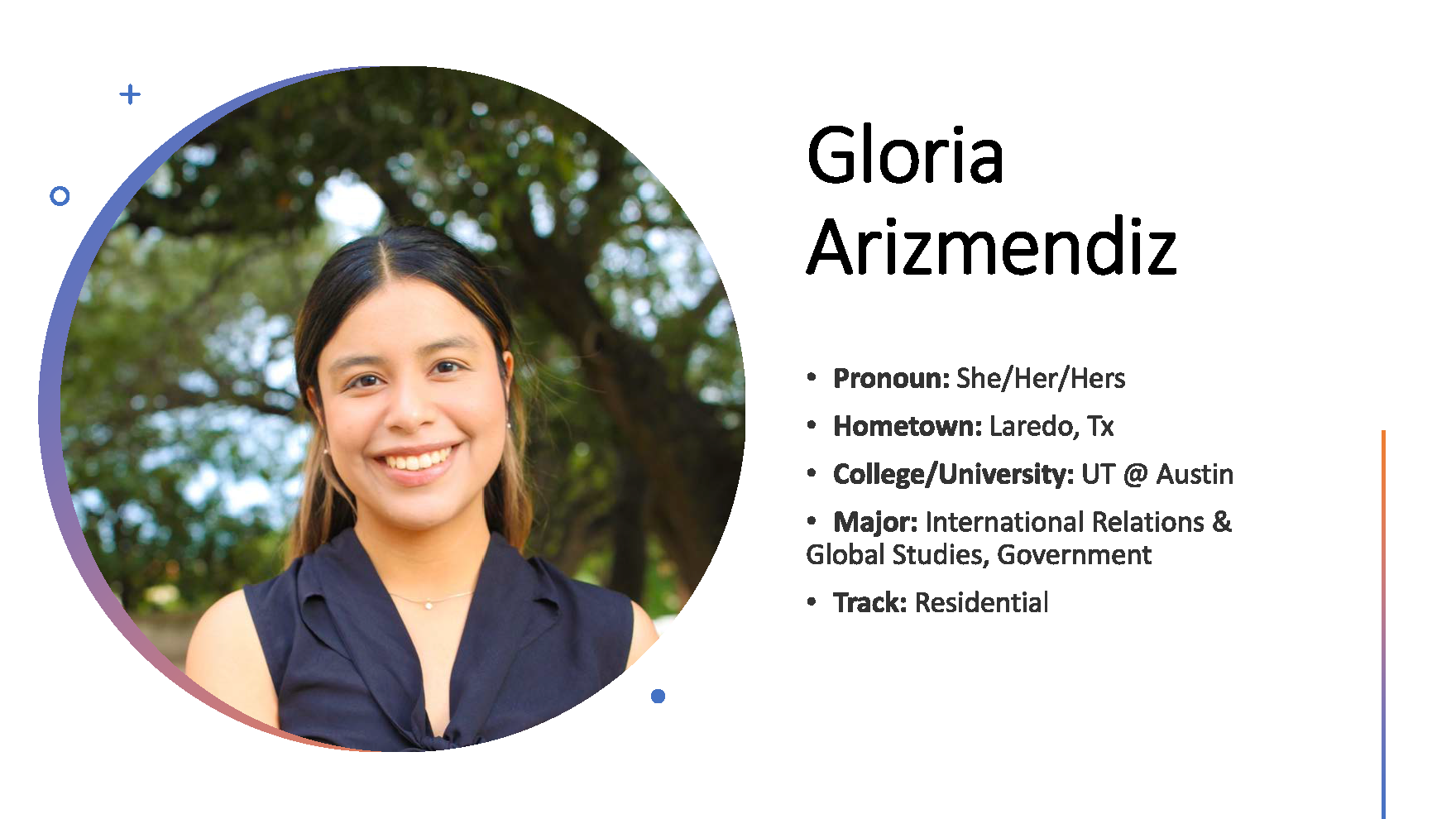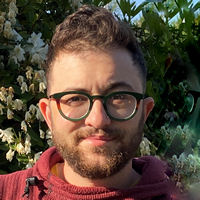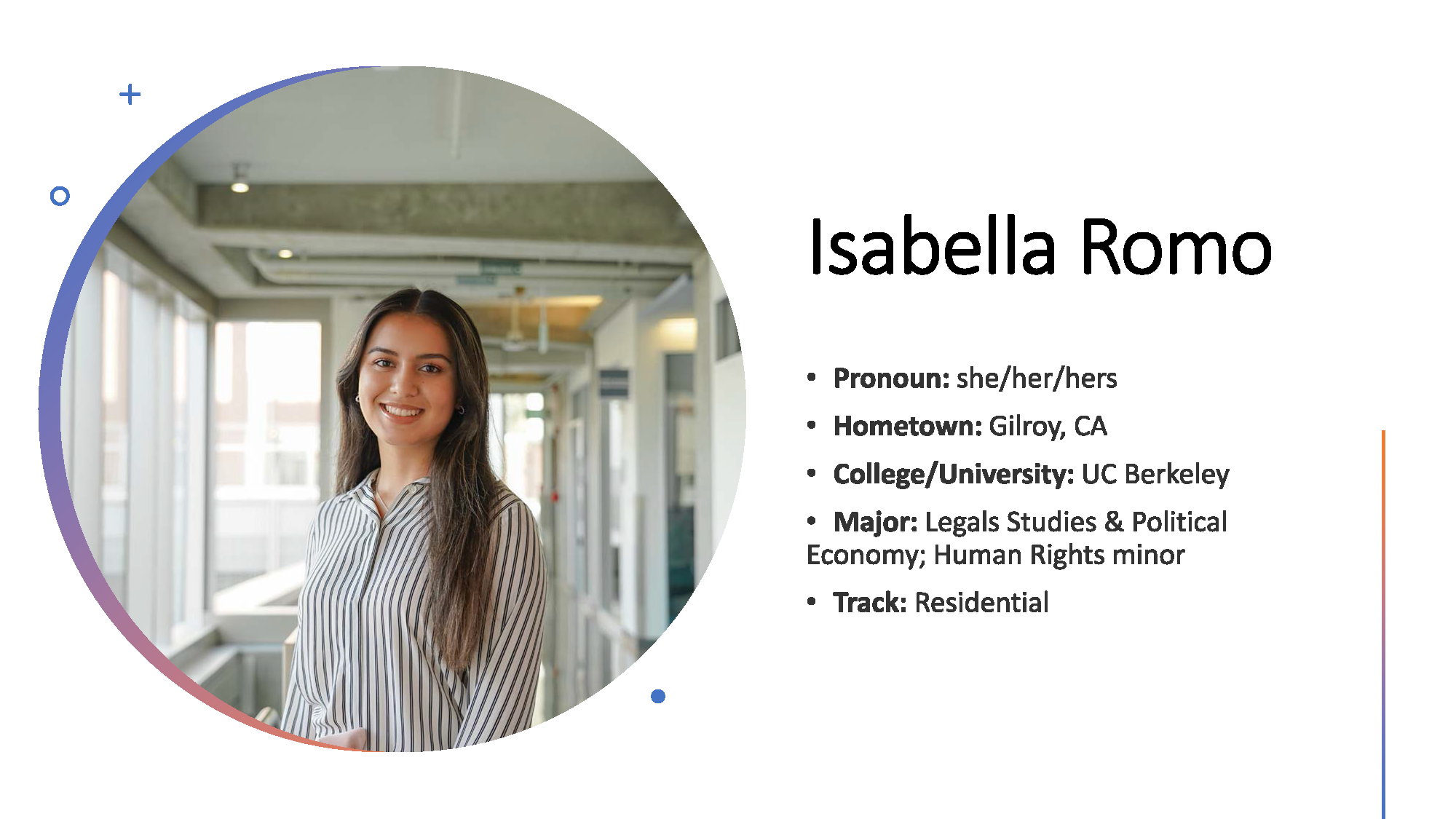
Tell us about your story
I grew up in Gilroy, CA, a predominantly Latine immigrant community in the southern region of the Bay Area. This community allowed me to connect with my Latine roots and take advantage of educational and extracurricular opportunities. These experience are somewhat unique to the Bay Area and I am very grateful that my family has been able to support me in my ambitions. These experience have also, however, motivated me to make more opportunities like these accessible to more youth. I’ve dedicated my work to providing resources to the Latine community – locally and internationally – and to ensuring that all individuals’ human rights are protected at all levels of government.
What made you consider a career in public policy/public service/international affairs?
It took me 20 years to learn what public policy is and I was sold on a career in public policy the second I understood what that meant. I find immense value in public policy’s stake in people’s every day lives; yet, there are many flaws in how public policy Is both created and implemented. I want to enter public policy in order to foster equitable policies that ensure the public’s – especially minority groups’ – wellbeing.
Who inspires you to think about public service?
My communities are what inspire me to engage in public service. The Mexican American, immigrant family, and student communities have shaped my life and motivate me to serve them. I feel a duty to give back to them – and in a way, my family – by uplifting them through policy. As a representative of my communities, I hope to ensure that my community’s voices are heard and taken into account when creating and implementing policy.
What are you most excited about the JSI program at UW?
I’m most excited for the mentorship- professionally and academically- that the JSI program offers. I hope to forge relationships with the professors, counselors, and public policy professionals we have the privilege of working with. I anticipate that this mentorship will allow me to succeed not just in graduate school applications but also in graduate school itself.
